11 video games that are actually based on books
Read 'em and weep

Video games are distilled magic. They're able to transport us to far off places and let us play inside the worlds their creators have imagined for us. But before all of this newfangled technology took over, there was another way to escape into the realm of the fantastical: they're called books, and they're kind of important.
Books can explore diverse themes, cultures, and a variety of characters and settings, all through the power of imagination. They also provide fertile inspiration for the games we love to play, and you'd be surprised to find out how many of your favourite games are influenced by (or even directly based on) literature. Check out some of them in action in the video below.
Assassin's Creed is heavily inspired by the 1930s novel Alamut
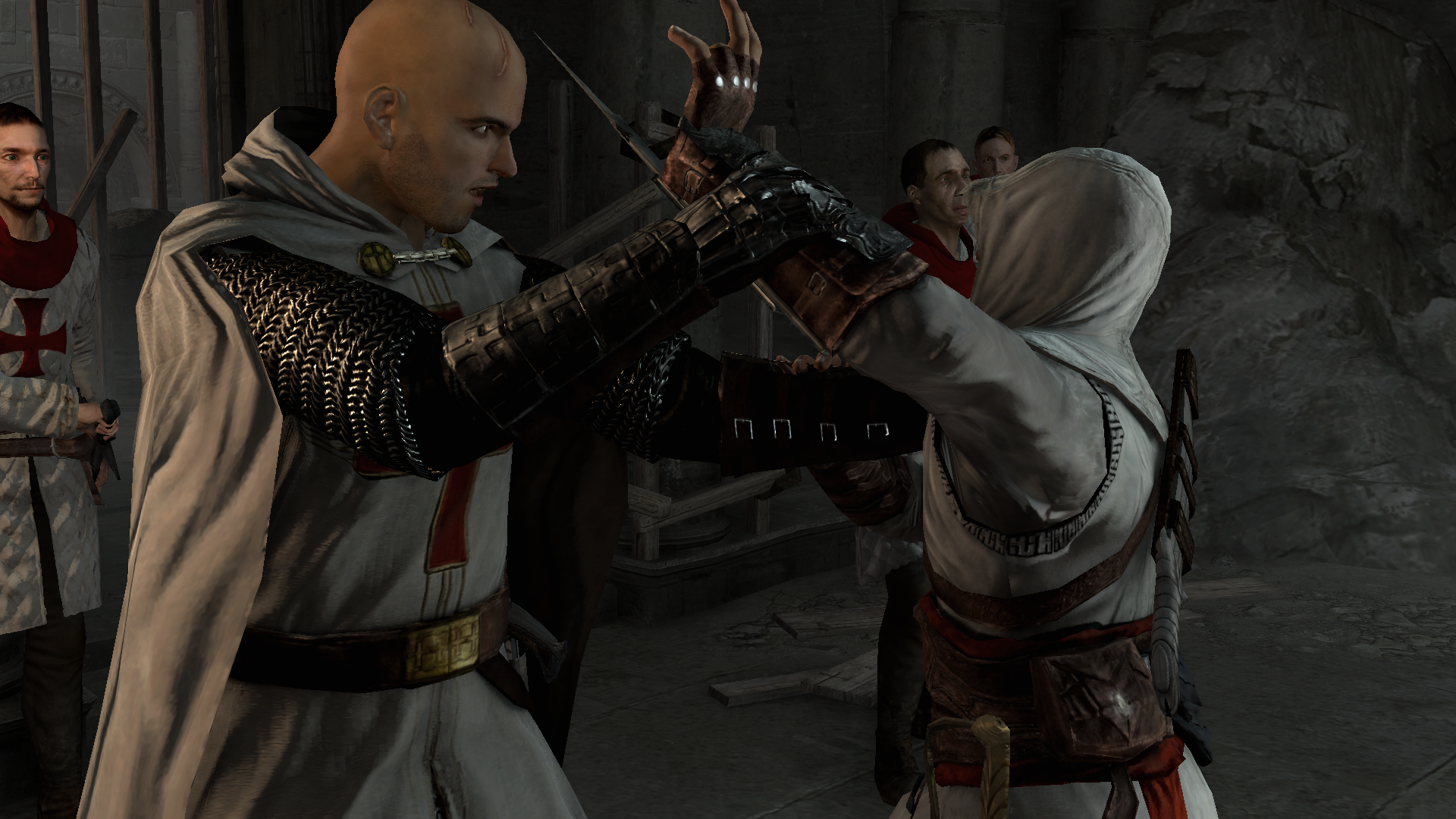
The book: Vladimir Bartol's novel Alamut centers on Hassan-i Sabbah, a Persian missionary who converted a small community back in the 11th century, and formed the Hashshashin to further their order. The motto of this group of "assassins?" "Nothing is an absolute reality, all is permitted."
The game: If that last bit sounded familiar, it's because the Assassin's Creed games use it almost verbatim: "Nothing is true, everything is permitted." The first game in particular takes place during the Crusades, and follows the exploits of Altar, a powerful assassin tasked with taking down members of the opposing Knights Templar. Alamut doesn't really touch on the whole "ancient high-tech civilization controls humanity's actions through a series of magical artifacts to prevent a massive cataclysm in 2012" thing, though. That's an "improvement" of Assassin's Creed's making.
Parasite Eve (the game) is a sequel to Parasite Eve (the book)
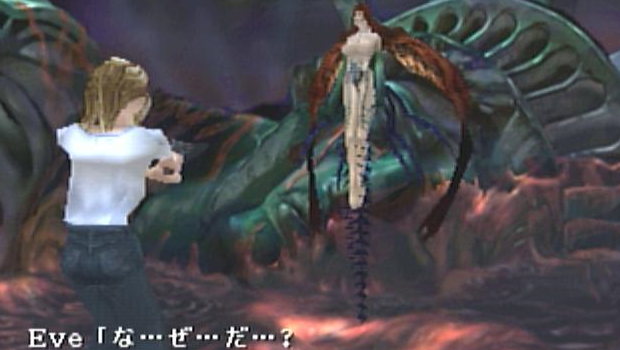
The book: What if the energy-producing mitochondria in our bodies were actually biding their time, waiting for the right evolutionary conditions to take over and control one's own genetic code? That's the idea Hideaki Sena's novel Parasite Eve posits, and it's really chilling stuff. The book follows the titular parasite "Eve," as she awakens and controls the people she comes in contact with, in order to give birth to what she considers to be the "perfect life form." It's actually a pretty good book, winning the first ever Japan Horror Novel award in 1995, though it wasn't officially translated into English until 2007.
The game: The game itself, developed by RPG power-house Squaresoft, is actually a sequel to the original novel. It follows NYPD cop Aya Brea over a six-day period as the entire city of New York goes to shit after Eve's grand return. How bad could it possibly be? Well, one scene shows Eve spontaneously combusting an entire theatre crowd, turning them into a gelatinous orange mass of goo. Ironically, it's probably not the grossest thing you'll witness in New York City.
Suikoden is based on a piece of classic Chinese literature featuring 108 characters
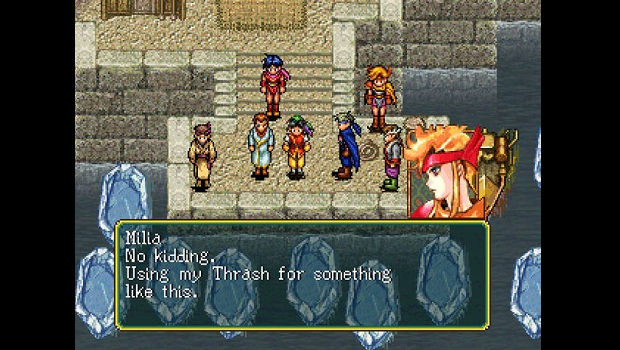
The book: Shui Hu Zhuan (or known in English as Water Margin, and about a half a dozen other titles) is considered one of the Four Great Classical Novels of Chinese literature. It's set in the Song Dynasty, and follows the story of 108 outlaws as they form an army and fight off rebel invaders. 108 characters? Where have I heard that before...
Weekly digests, tales from the communities you love, and more
The game: Oh yeah! The Suikoden series is famous for being the Pokmon of Chinese military-themed RPGs, as you travel throughout the Scarlet Moon Empire, seeking 108 unique warriors to bring them under your banner. Most characters are used in Suikoden's random battles, but many others will flesh out your headquarters with shops, mini-games, and a bar. Gotta catch 'em all, right?
Metro 2033 was originally published online as a weird interactive story
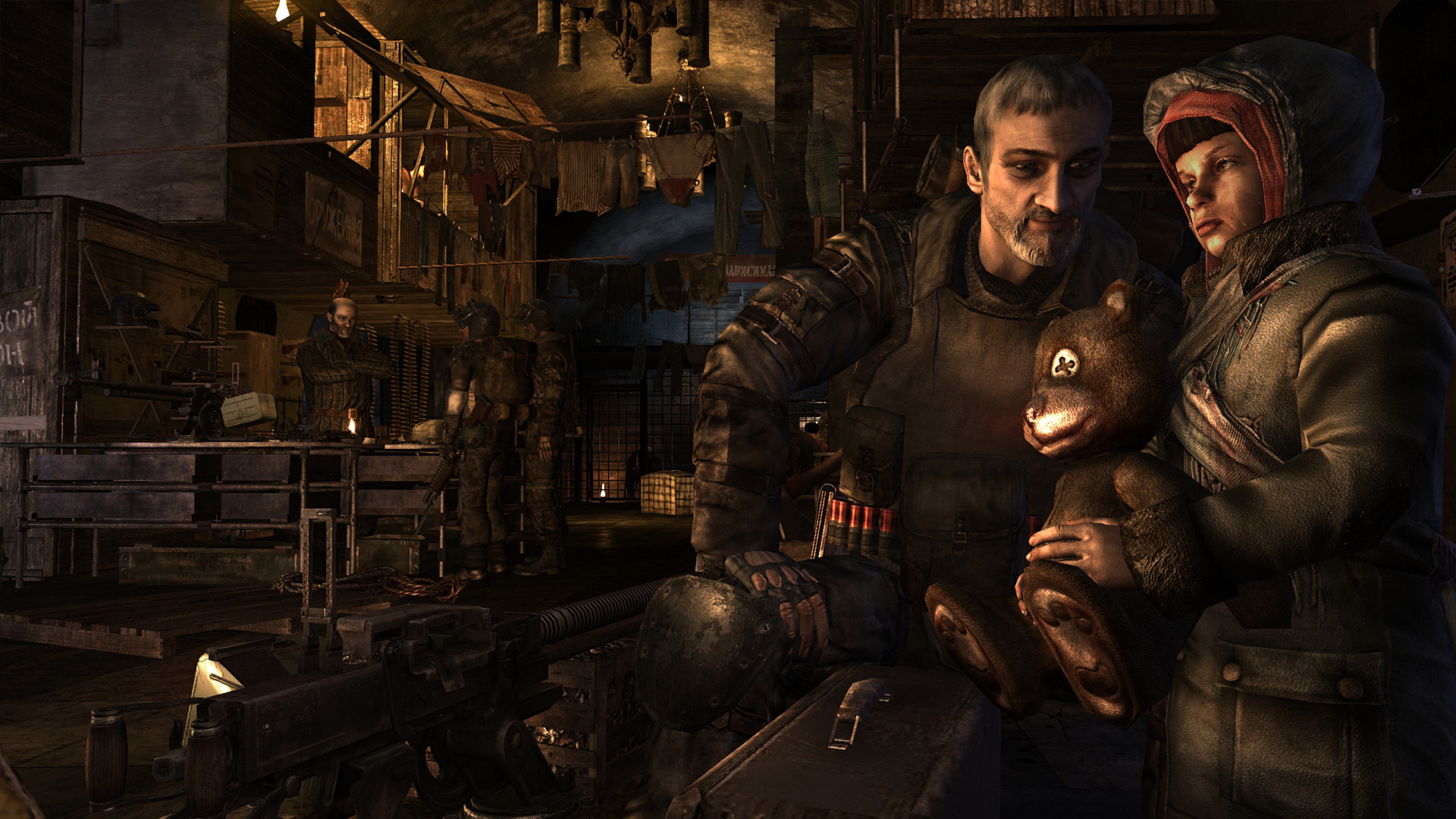
The book: Life in future-Russia sucks--at least according to Metro 2033. You spend your days living in underground tunnels, surviving on what little scraps of food you can find, and if you do go to the surface, you're met with an irradiated landscape covered in mutated beasts. Written in 2002 by Dimitry Glukhovsky, Metro 2033 was originally published online as an "interactive experiment," drawing in millions of readers to its bleak, dystopian future version of Russia. Since then, it's been published into actual book form, followed up by a sequel (Metro 2034) and spawned a swath of short fiction by dozens of other writers.
The game: The game of the same name loosely follows a similar plot to the books. You play as a man named Artyom, and you're trying to protect your little slice of the metro by stomping out every nasty beast you come across. The game doesn't focus on the politics between each of the factions living in Russia's underground metro system nearly as much, and the sequel Metro: Last Light deviates from the original story pretty heavily. Still, it absolutely nails the sense of place, giving you all the fun and excitement that comes from living on a husk of a planet.
Enslaved: Odyssey To The West is a sci-fi twist on Journey to the West
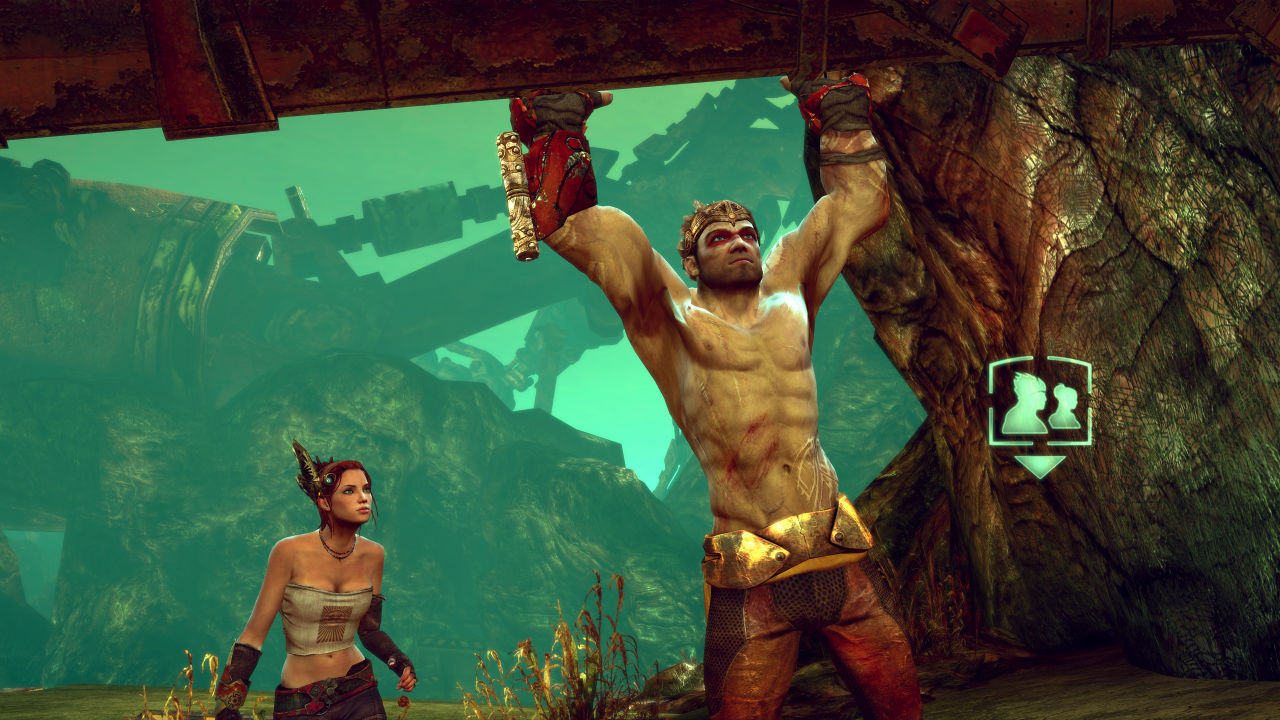
The book: Journey to the West is one of the great pieces of classical Chinese literature, though you might recognise it more as Monkey - the tale of a monks legendary pilgrimage to the West. It mixes ancient folklore with real accounts of the journey. The monk is accompanied by three guardians, one of which is a monkey born from stone who is also incredibly powerful.
The game: While Enslaved is set in a post-apocalyptic future rather than in ancient China, and features a man called Monkey rather than an actual Monkey, it does share a lot of themes and characters. Just like in the novel Monkey is forced to protect his charge and also wears a gold headband to control him. While in the book its used to keep him in check, in the game it links him to partner Trip. If she dies, so does he so he has to protect her.
The Witcher is based on a Polish series of dark fantasy short stories and novels
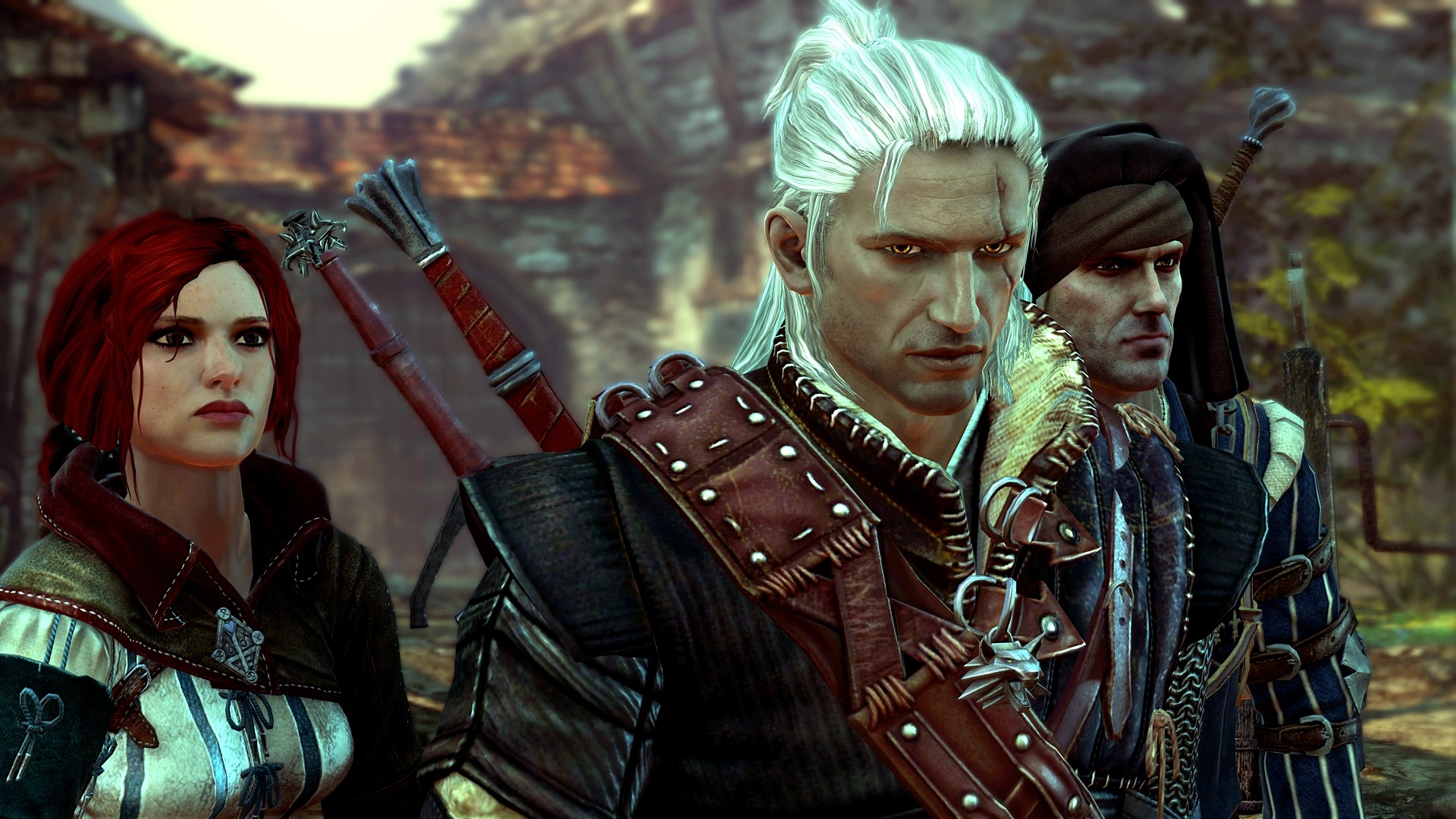
The book: Winning third place in a Polish short-story contest back in the 1980s, Andrzej Sapkowski's The Witcher quickly became one of Poland's most popular fiction series ever. The collection of short stories and novels follows Geralt of Rivia as he wends his way through the countryside, killing demons and bandits and bedding the numerous women he comes across - though, not necessarily in that order.
The game: Using that wonderful writing chestnut known as "amnesia," Geralt has lost much of his memory of his time adventuring, leaving you to learn about the world and its inhabitants as you progress. The games themselves are famous for wading in the books' own morally gray ethics - only this time, your choices actually affect the world more than you simply turning a page. Fun fact: In Poland, the series is known as "Wiedmin," and was originally translated into English as "Hexer." It wasn't until the developers at CD Projekt Red decided to translate it literally as "Witcher" that the series took on its more unique name.
Dynasty Warriors and Romance of the Three Kingdoms are based on the same Chinese classic
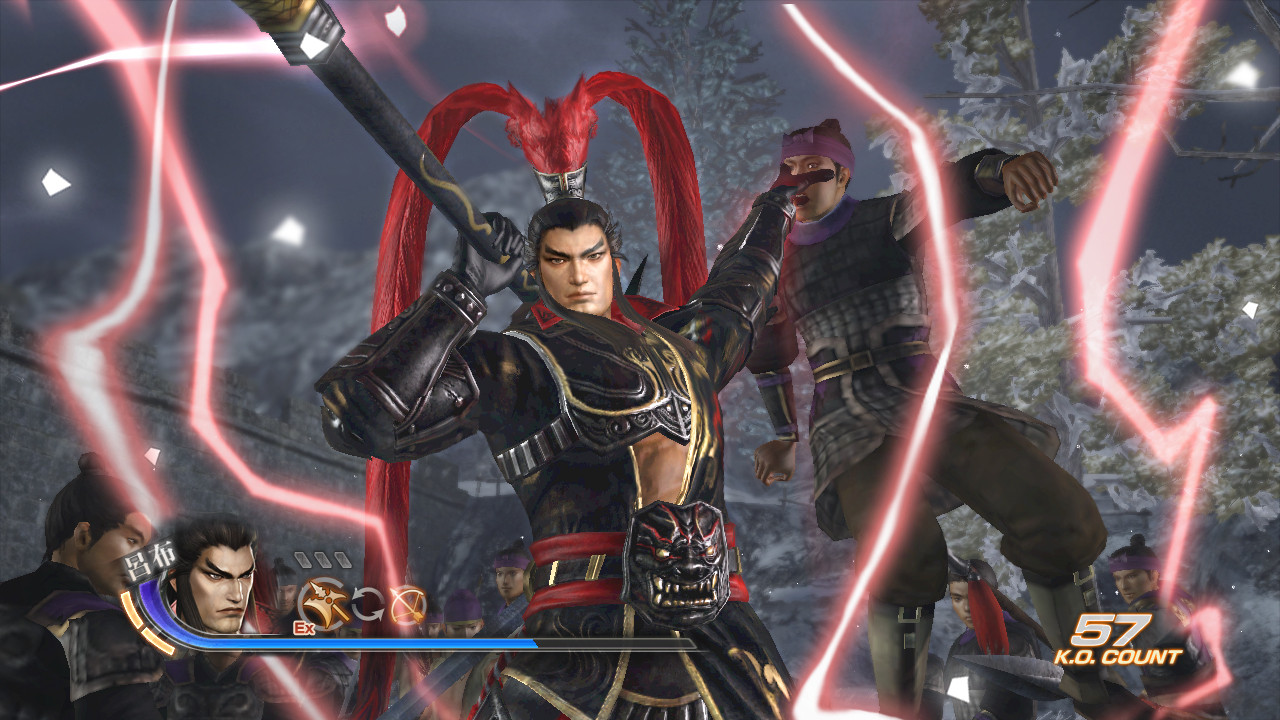
The book: Also considered one of the Four Great Classical Novels of Chinese literature, Romance of the Three Kingdoms combines historical fact with legend (similar to Homer's Iliad). Spanning 120 chapters and featuring nearly 1000(!) different characters, the novel covers the war between several leaders as they vie for control of China during the Han Dynasty.
The game: Turning the sprawling historical and military drama into a an equally detailed strategy game makes a lot of sense. What doesn't make sense is then turning the same story into a hyper-stylized anime-inspired slashathon with shredding hair metal guitars and really, really bad voice acting. Despite how wildly different the subdued Romance of the Three Kingdoms and bonkers Dynasty Warriors games are, they still feel like they're simply two sides to the same coin, thanks to the narrative that runs through them.
The Tower of Druaga is based on Babylonian mythology
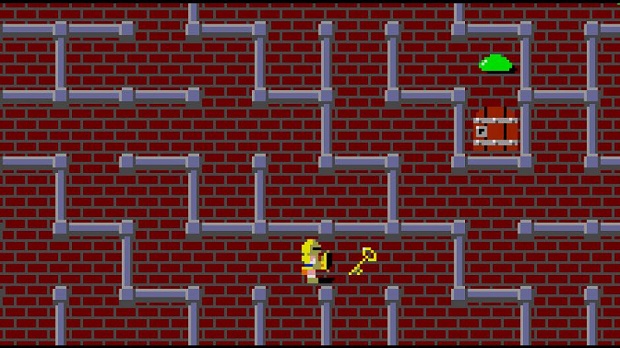
The book: Hold on to your butts, because I'm going to start dropping some serious history bombs here. Babylonian mythology formed in ancient Mesopotamia over 4,000 years ago. In it, the Earth was created out of half of the body of Tiamat, while the other half was used to create heaven and hell. Prominent figures in Babylonian mythology include the stories of the demigod Gilgamesh and the goddess of love and war Ishtar. Babylonian myths have likely inspired many biblical stories, such as the Tower of Babel. If you're wondering where half of the names you see in Final Fantasy come from well, here you go.
The game: It may not look it based its humble arcade roots, but The Tower of Druaga is steeped in Babylonian lore. The first game in the Babylonian Castle Saga takes place in the kingdom of "Babylim," the main character's name is Gilgamesh who receives instructions from Ishtar to rescue a maiden named Ki (an earth goddess in Sumerian Mythology, which gave way to the Babylonian myths) at the top of a tower And that's just the first game in the series.
Spec Ops: The Line is basically Joseph Conrad's Heart of Darkness set in the Middle East
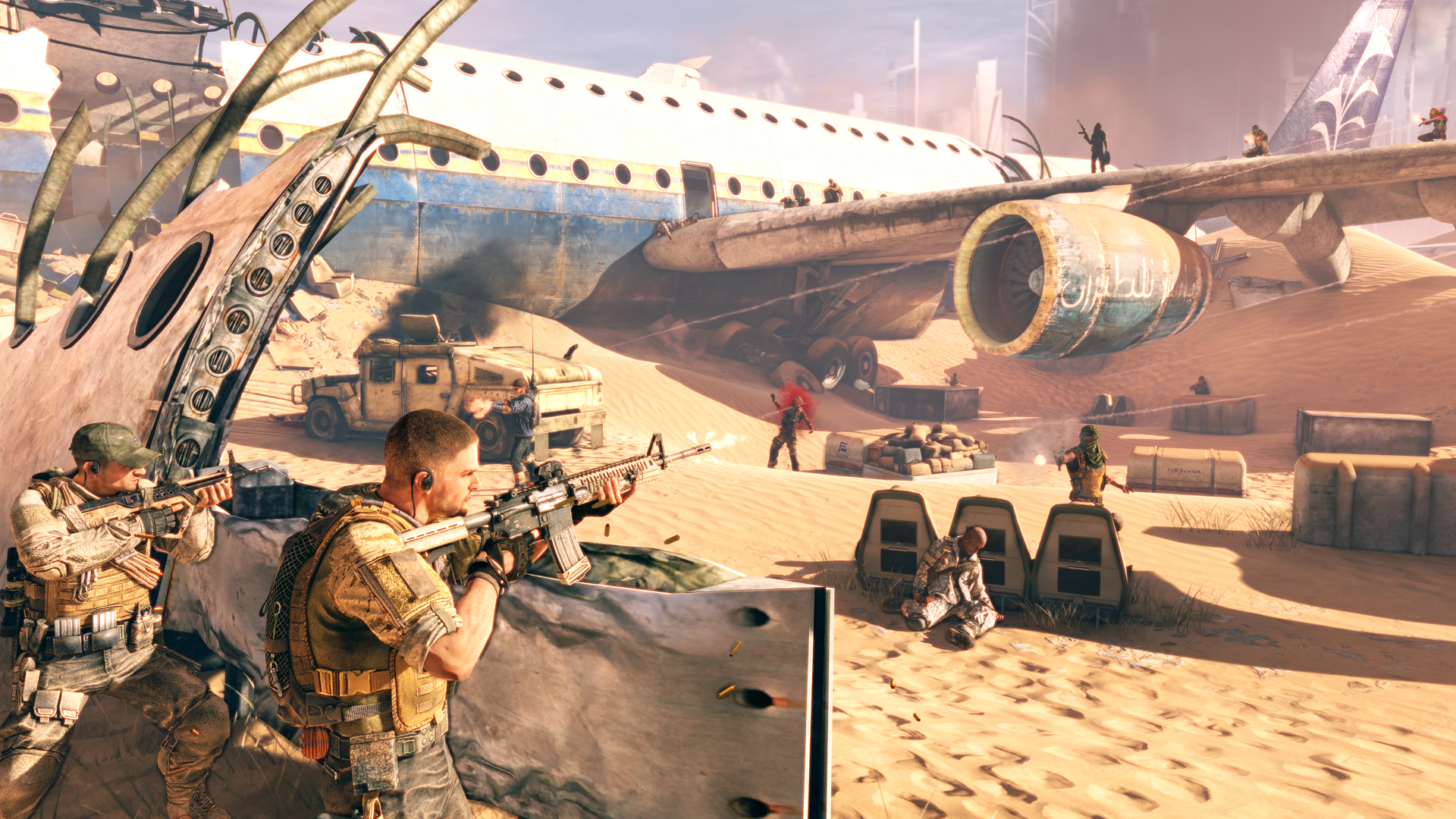
The book: Conrad's Heart of Darkness is a harrowing tale of the evil men do, and the effects of English colonial rule and racism on the African continent - which is why your English teacher made you read it in high school. It follows ivory trader Charles Marlow on his journey down the Congo River. He learns about (and becomes obsessed with) a mysterious man named Mr. Kurtz, finds him in control of a group of African natives, and discovers that Kurtz may have gone just a bit off the deep end. If this sounds familiar, that's because it more or less forms the plot of the classic Vietnam War film Apocalypse Now.
The game: It also forms the backbone of the story that drives Spec Ops: The Line. Captain Martin Walker leads his team through the sandswept ruins of Dubai in search of Colonel John Konrad, who may or may not have gone completely rogue. The name Konrad of course is a not-too-subtle reference to the author of its largest inspiration. As you progress through the game, reality starts to unravel the closer you get to the, well, heart of darkness, and you'll end up responsible for more than a few war crimes of your own. Video games!
Stalker: Shadow of Chernobyl gets many of its concepts from the sci-fi novella Roadside Picnic
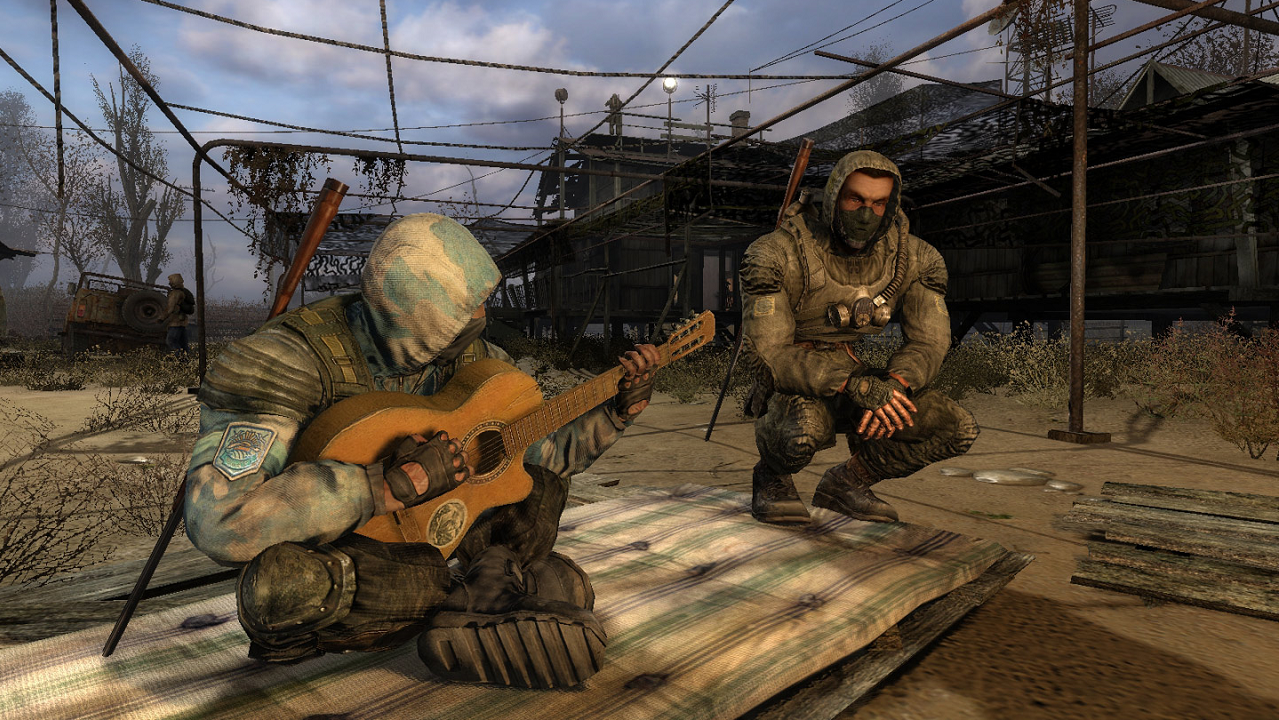
The book: Russia is clearly no stranger to weird sci-fi tales, and Roadside Picnic is definitely up there. Aliens have visited Earth in six different locations (referred to as Zones), and all sorts of strange sightings have occurred inside them ever since. Even though the government tries to keep them under wraps, a group of thieves known as stalkers try to sneak in and find whatever artifacts they can get their hands on. There's even a Russian film loosely based on the novel's events called - you guessed it - Stalker.
The game: While Roadside Picnic was written before the nuclear meltdown at Chernobyl in the 1980s, the game Stalker took many of the events of the novel and switched aliens for experimental scientific research. As one of the titular Stalkers, you have to make your way through the harsh, irradiated landscape, scrounge for supplies, and try to find as many mysterious artifacts as you can stuff into your knapsack. Look out for the anomalies, though - they'll rip your atoms right in half. It's not fun.
Bedlam (the game) is another story from the world of Bedlam (the book)
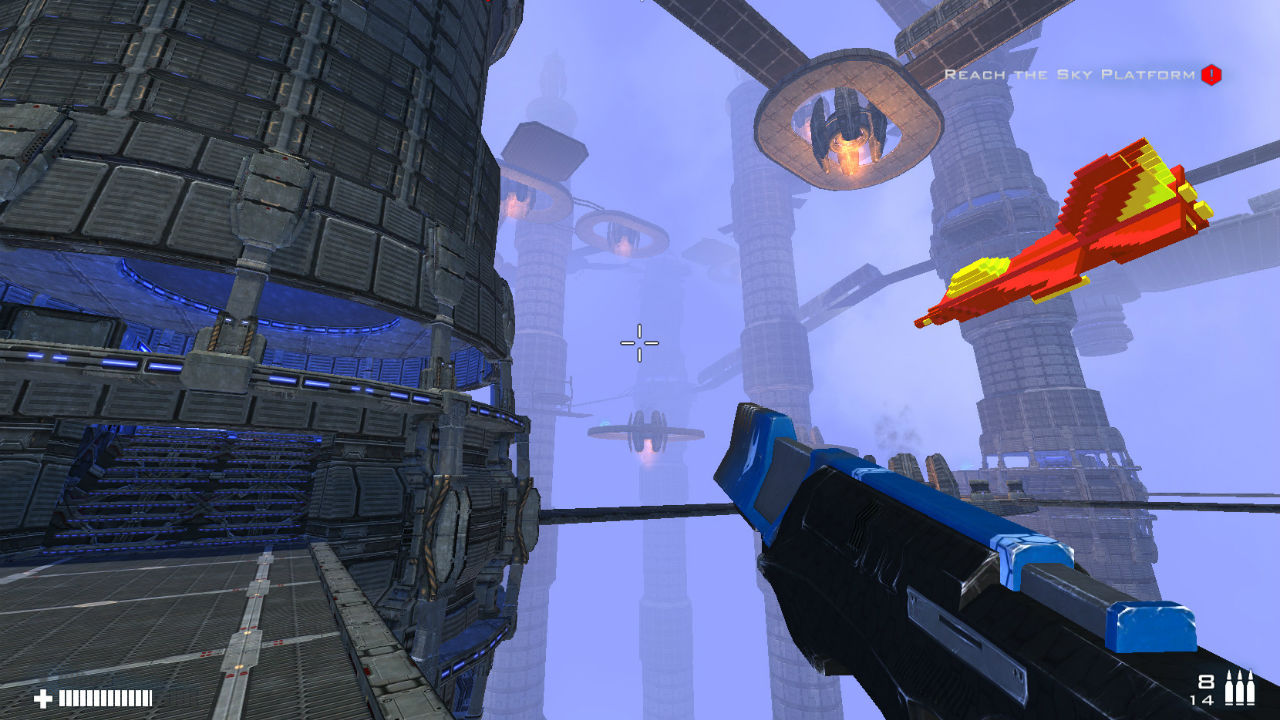
The book: Bedlam is the first book in a sci-fi series from Scottish Tartan noir author Christopher Brookmyre - yes, its a real genre. Scientist Ross Baker ends up falling into a nightmarish realm of interconnected game worlds and has to try and find his way out. Its a glorious mash up of gaming genres and Brookmyre gets in plenty of knowing jokes that makes this the readable equivalent of Wreck It Ralph.
The game: The game and book were crafted simultaneously but while Brookmyres text stars Ross Baker, the game focuses on Heather Quinn - gamertag Starfire - who has pleasantly Glaswegian reactions to being trapped inside a game world. In an homage to retro first person shooters she flicks happily between genres and even ends up in a somewhat terrifying first person Pac-Man experience.



